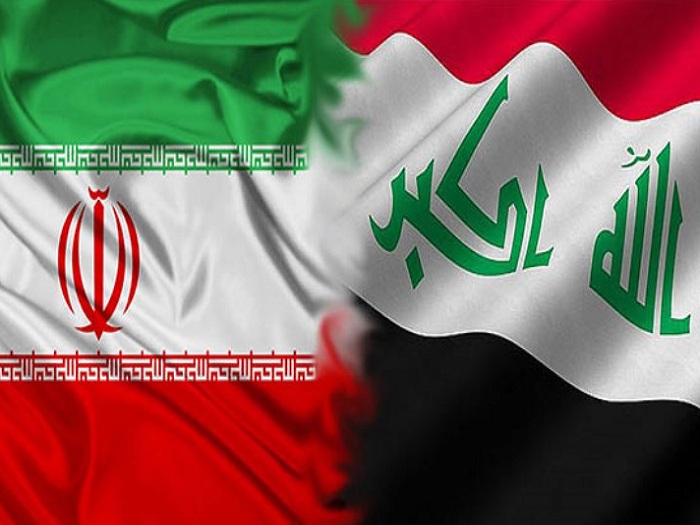List of new restrictions on exports to Iraq

A new letter from the Trade Development Organization to the head of the Iran-Iraq Chamber of Commerce indicates that new restrictions have been placed on the export of goods to Iraq.
According to the International Iranian Stone Exhibition, in recent months, the Iraqi government has changed the conditions for importing some goods to the country in order to implement its economic recovery policies. Iraq, which has lost much of its economic infrastructure under the pressure of civil war in recent years, has sought to resume economic activity and produce the products it needs in recent years, with relative relief easing and, of course, rising oil revenues.
During these years, Iranian traders have met a large part of the needs of the Iraqi people, but it seems that in the current situation, there will be no platform for the export of these products as in the past. The Iraqi government has made the import of some goods subject to the approvals of various parts of the government.
The letter from the Trade Development Organization states that the export of drugs to Iraq will be possible with the approvals of the Ministry of Health, the export of weapons and equipment with the approvals of the Ministry of Defense, the export of explosives with the approvals of the Ministry of Oil and the export of chemicals, fertilizers and chlorine. Otherwise, their import will be prevented.
According to the Iraqi government, imports of cotton, palm cuttings, palm seedlings, henna, alfalfa, grapes, coconut, olives and honey to Iraq will continue to be restricted, according to the Iraqi government. The country's agricultural quarantine law will be possible, otherwise no license will be issued.
Over the years, Iraq has been the second largest importer of goods from Iran, after China, and in the days of the Corona, Iraq has maintained its position despite restrictions on travel between the two countries.
In addition to the activities of private sector traders, the Iranian government is also helping to supply Iraq with electricity; However, due to US sanctions, the return of currency from the sale of this energy has been difficult.
* ISNA










